- Browse
- Addiction
Addiction Courses
Addiction courses can help you learn about the psychological and physiological aspects of addiction, treatment modalities, and prevention strategies. You can build skills in conducting assessments, developing intervention plans, and applying motivational interviewing techniques. Many courses introduce tools such as screening instruments and recovery management software, that support tracking progress and supporting individuals in their recovery journey.
Popular Addiction Courses and Certifications
 Status: PreviewPreviewY
Status: PreviewPreviewYYale University
Skills you'll gain: Health Disparities, Motivational Interviewing, Substance Abuse, Patient-centered Care, Medication Therapy Management, Mental and Behavioral Health, Social Determinants Of Health, Patient Education And Counseling, Psychiatry, Pharmacotherapy, Psychotherapy, Treatment Planning, Health Policy, Care Coordination, Clinical Assessment
4.9·Rating, 4.9 out of 5 stars2K reviewsBeginner · Course · 1 - 3 Months
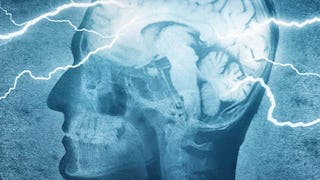 Status: Free TrialFree TrialA
Status: Free TrialFree TrialAAmerican Psychological Association
Skills you'll gain: Substance Abuse, Mental Health Diseases and Disorders, Clinical Psychology, Mental and Behavioral Health, Psychiatry, Psychological Evaluations, Mental Health, Cognitive Behavioral Therapy, Patient Evaluation, Diagnostic Tests, Behavioral Health, Psychotherapy, Psychiatric Assessments, Cultural Diversity, Epidemiology, Pharmacology, Neurology, Demography, Psychology, Pharmacotherapy
4.8·Rating, 4.8 out of 5 stars310 reviewsBeginner · Specialization · 3 - 6 Months
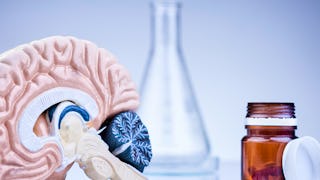 Status: PreviewPreviewE
Status: PreviewPreviewEEmory University
Skills you'll gain: Pharmacology, Substance Abuse, Mental and Behavioral Health, Social Studies, Neurology, Behavioral Health, Vulnerability, Health Policy, Public Health, Case Studies
4.7·Rating, 4.7 out of 5 stars2.2K reviewsBeginner · Course · 1 - 3 Months
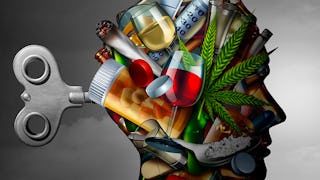 Status: Free TrialFree TrialA
Status: Free TrialFree TrialAAmerican Psychological Association
Skills you'll gain: Substance Abuse, Mental and Behavioral Health, Mental Health Diseases and Disorders, Psychiatry, Diagnostic Tests, Behavioral Health, Epidemiology, Pharmacology, Neurology, Demography, Psychology, Cultural Diversity
4.9·Rating, 4.9 out of 5 stars78 reviewsBeginner · Course · 1 - 3 Months
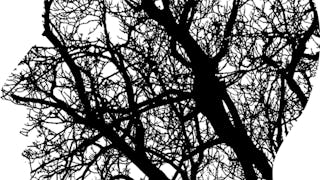 Status: Free TrialFree TrialW
Status: Free TrialFree TrialWWesleyan University
Skills you'll gain: Motivational Interviewing, Cognitive Behavioral Therapy, Mental Health Therapies, Behavioral Health, Mental and Behavioral Health, Psychotherapy, Psychology, Experimentation, Health Education, Goal Setting
4.8·Rating, 4.8 out of 5 stars193 reviewsBeginner · Course · 1 - 4 Weeks
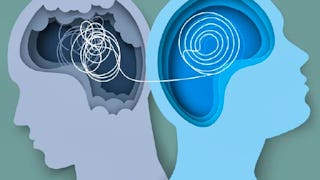 Status: NewNewStatus: Free TrialFree TrialA
Status: NewNewStatus: Free TrialFree TrialAAmerican Psychological Association
Skills you'll gain: Substance Abuse, Mental Health Diseases and Disorders, Clinical Psychology, Mental and Behavioral Health, Psychiatry, Trauma Care, Mental Health, Psychiatric Assessments, Psychology, Psychotherapy, Cognitive Behavioral Therapy, Behavioral Health, Psychological Evaluations, Pharmacology, Diagnostic Tests, Neurology, Cultural Diversity, Patient Treatment, Epidemiology, Patient Evaluation
4.9·Rating, 4.9 out of 5 stars146 reviewsBeginner · Specialization · 3 - 6 Months
What brings you to Coursera today?
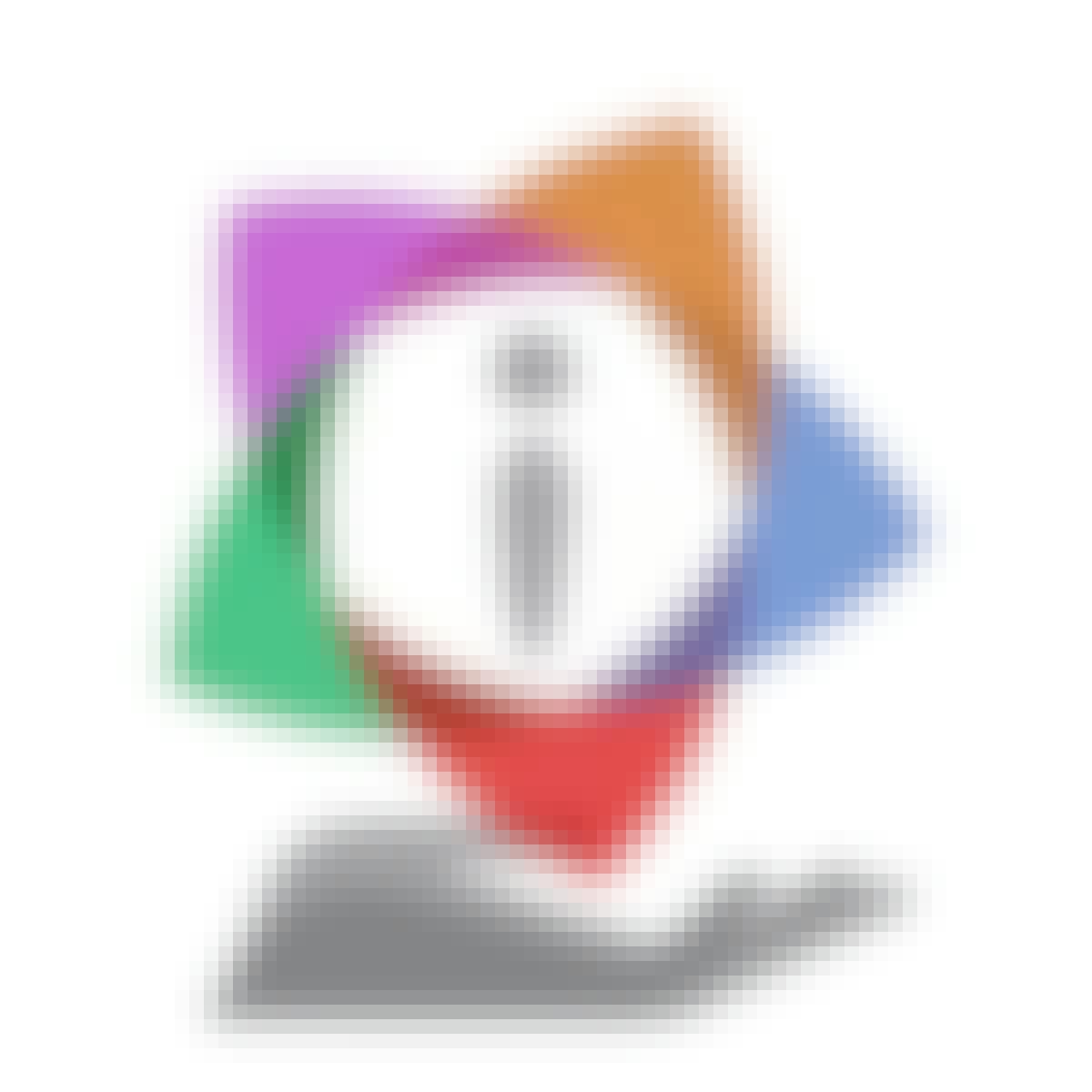 Status: Free TrialFree TrialU
Status: Free TrialFree TrialUUniversity of Colorado System
Skills you'll gain: Pain Management, Hospice, Patient-centered Care, Patient Communication, Patient Education And Counseling, Care Management, Patient Evaluation, Patient Advocacy, Active Listening, Compassion, Treatment Planning, Healthcare Ethics, Respiratory Care, Empathy, Self-Awareness, Health Assessment, Psychiatric Assessments, Care Coordination, Clinical Assessment, Communication
4.8·Rating, 4.8 out of 5 stars499 reviewsBeginner · Specialization · 3 - 6 Months
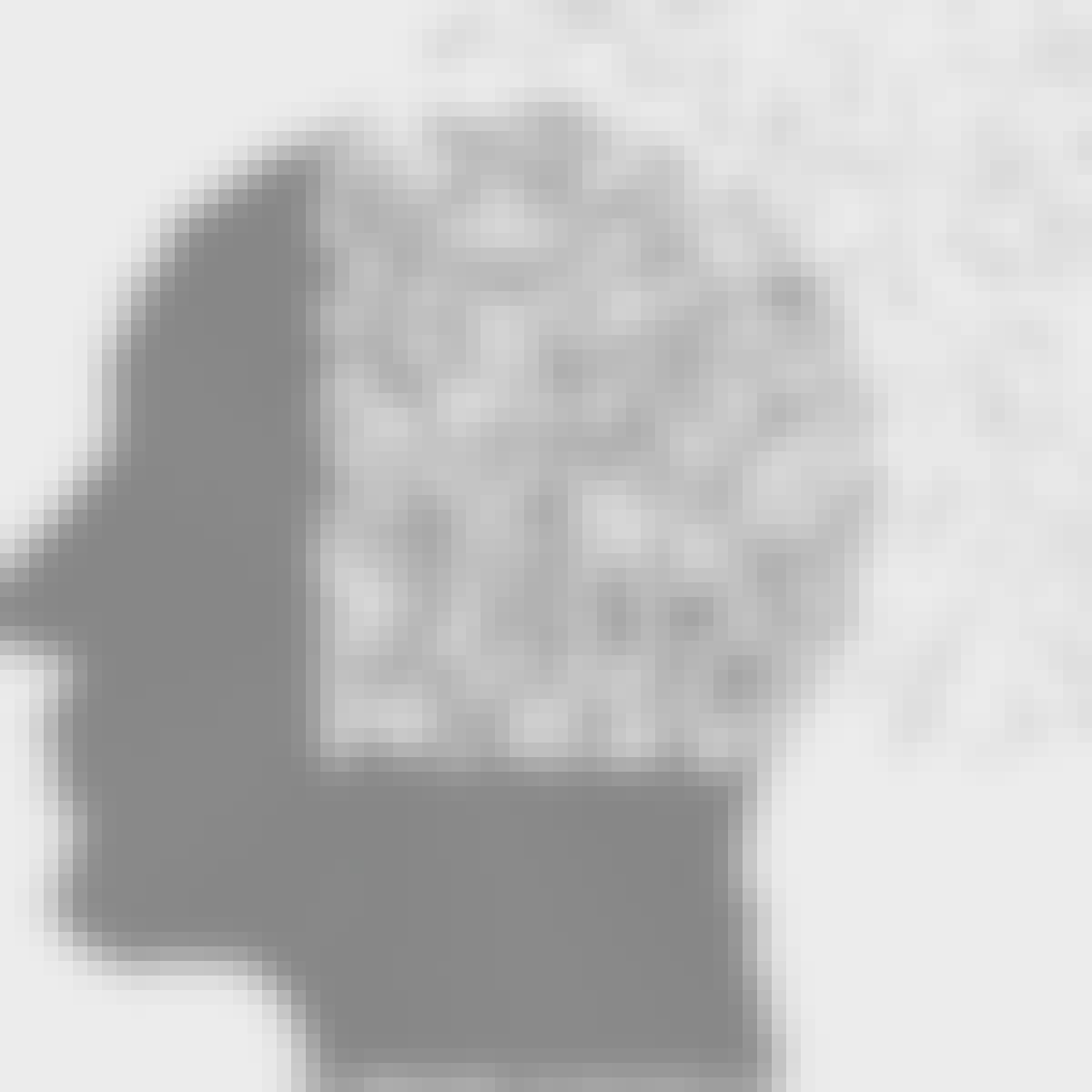 Status: Free TrialFree TrialW
Status: Free TrialFree TrialWWesleyan University
Skills you'll gain: Motivational Interviewing, Psychological Evaluations, Cognitive Behavioral Therapy, Mental Health Diseases and Disorders, Mental Health Therapies, Behavioral Health, Mental and Behavioral Health, Psychiatry, Psychotherapy, Clinical Psychology, Mental Health, Cultural Diversity, Psychiatric Assessments, Psychology, Experimentation, Health Education, Interpersonal Communications, Culture, Clinical Assessment, Goal Setting
4.8·Rating, 4.8 out of 5 stars737 reviewsBeginner · Specialization · 3 - 6 Months
 Status: NewNewStatus: Free TrialFree TrialA
Status: NewNewStatus: Free TrialFree TrialAAmerican Psychological Association
Skills you'll gain: Mental Health Diseases and Disorders, Trauma Care, Mental Health, Psychiatric Assessments, Psychology, Psychotherapy, Mental and Behavioral Health, Cognitive Behavioral Therapy, Stress Management, Cultural Sensitivity
4.8·Rating, 4.8 out of 5 stars11 reviewsBeginner · Course · 1 - 3 Months
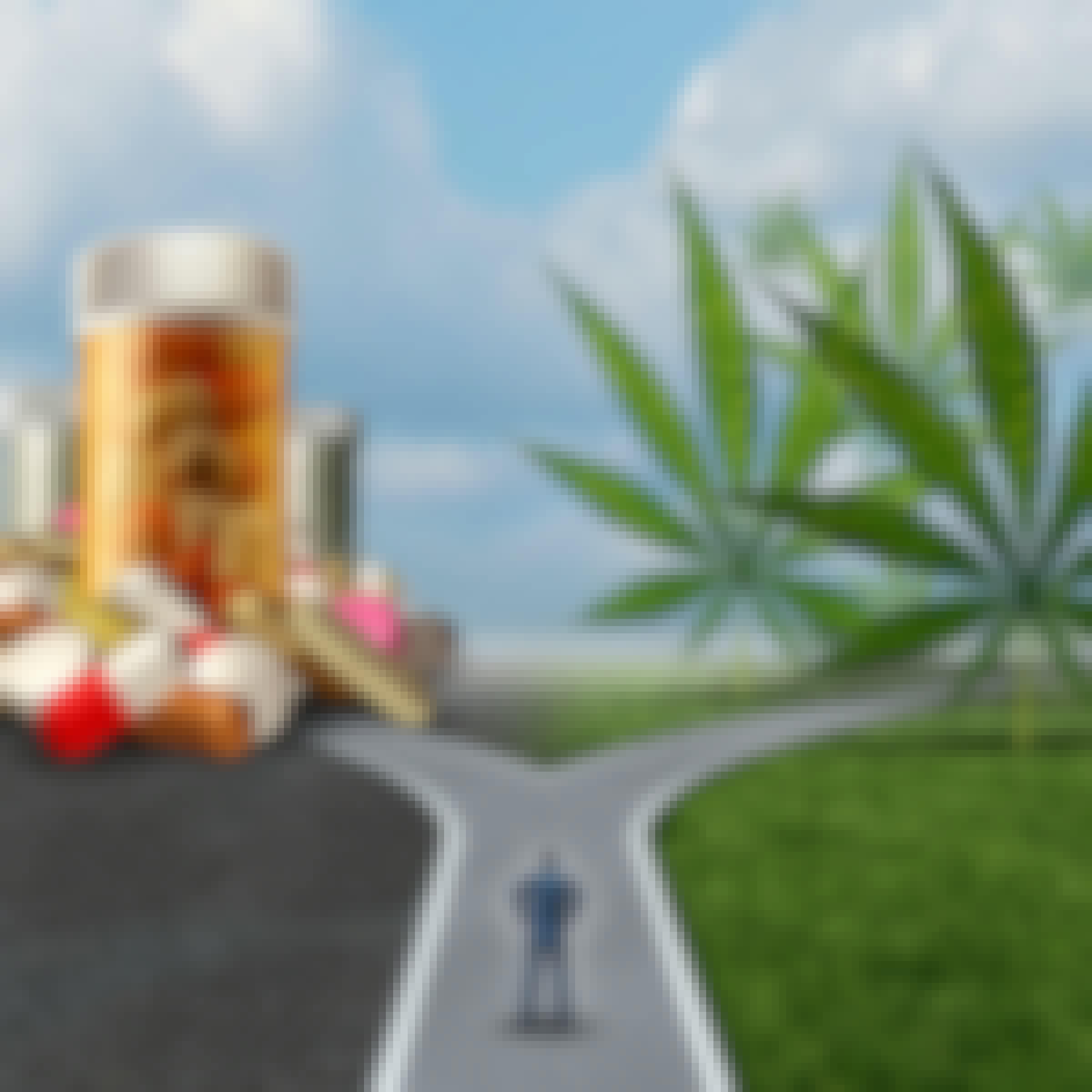 Status: Free TrialFree TrialU
Status: Free TrialFree TrialUUniversity of Colorado Boulder
Skills you'll gain: Psychiatry, Clinical Psychology, Mental and Behavioral Health Specialties, Mental Health Diseases and Disorders, Mental Health, Substance Abuse, Public Health, Psychology, Public Health and Disease Prevention, Health Policy, Psychiatric And Mental Health Nursing, Neurology, Pharmacotherapy, Medical Science and Research, Epidemiology, Research, Pharmacology, Personal Development
4.7·Rating, 4.7 out of 5 stars165 reviewsBeginner · Course · 1 - 4 Weeks
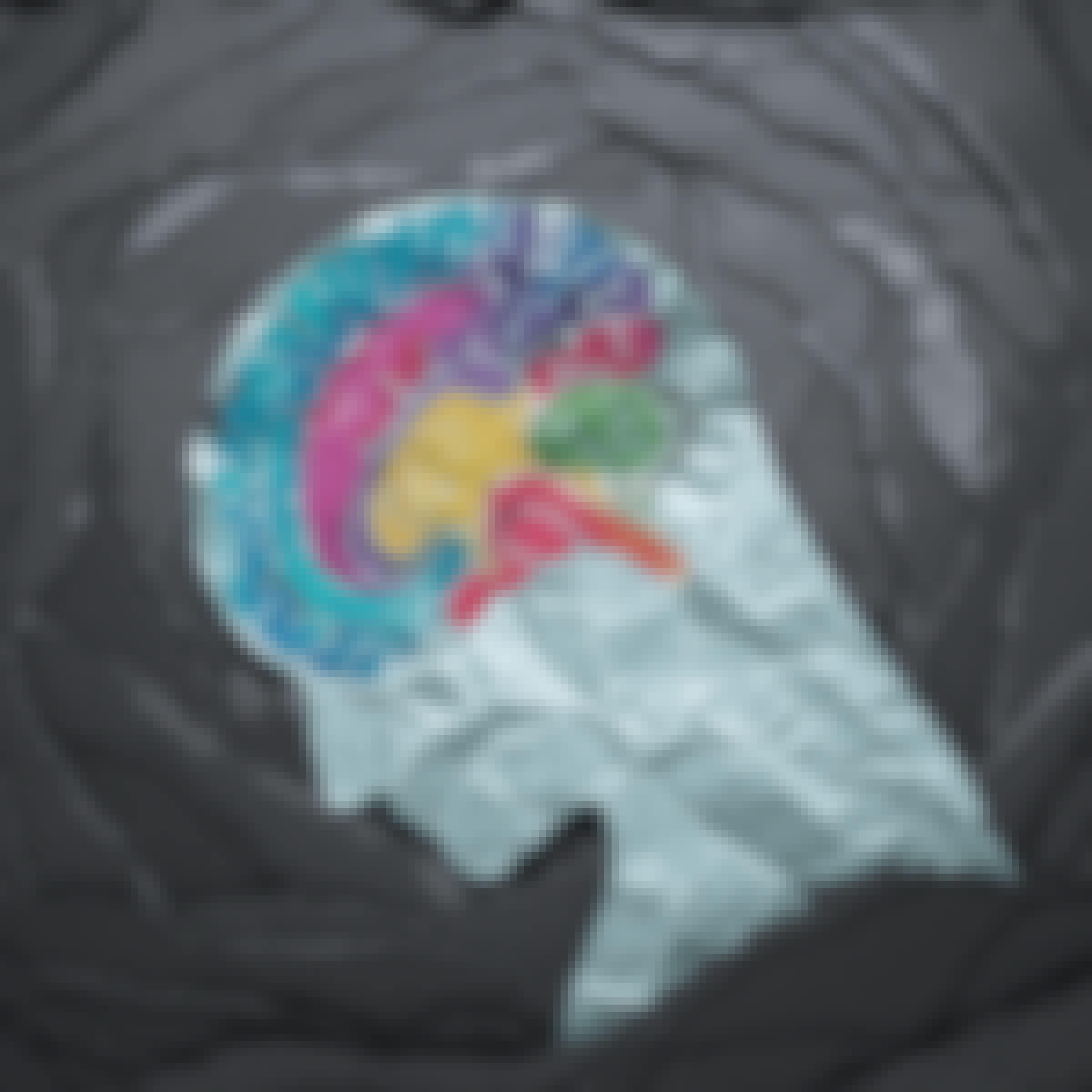 Status: Free TrialFree TrialA
Status: Free TrialFree TrialAAmerican Psychological Association
Skills you'll gain: Clinical Psychology, Mental Health Diseases and Disorders, Psychiatry, Psychological Evaluations, Mental Health, Mental and Behavioral Health, Patient Evaluation, Behavioral Health, Cognitive Behavioral Therapy, Cultural Diversity, Patient Treatment
4.8·Rating, 4.8 out of 5 stars214 reviewsBeginner · Course · 1 - 3 Months
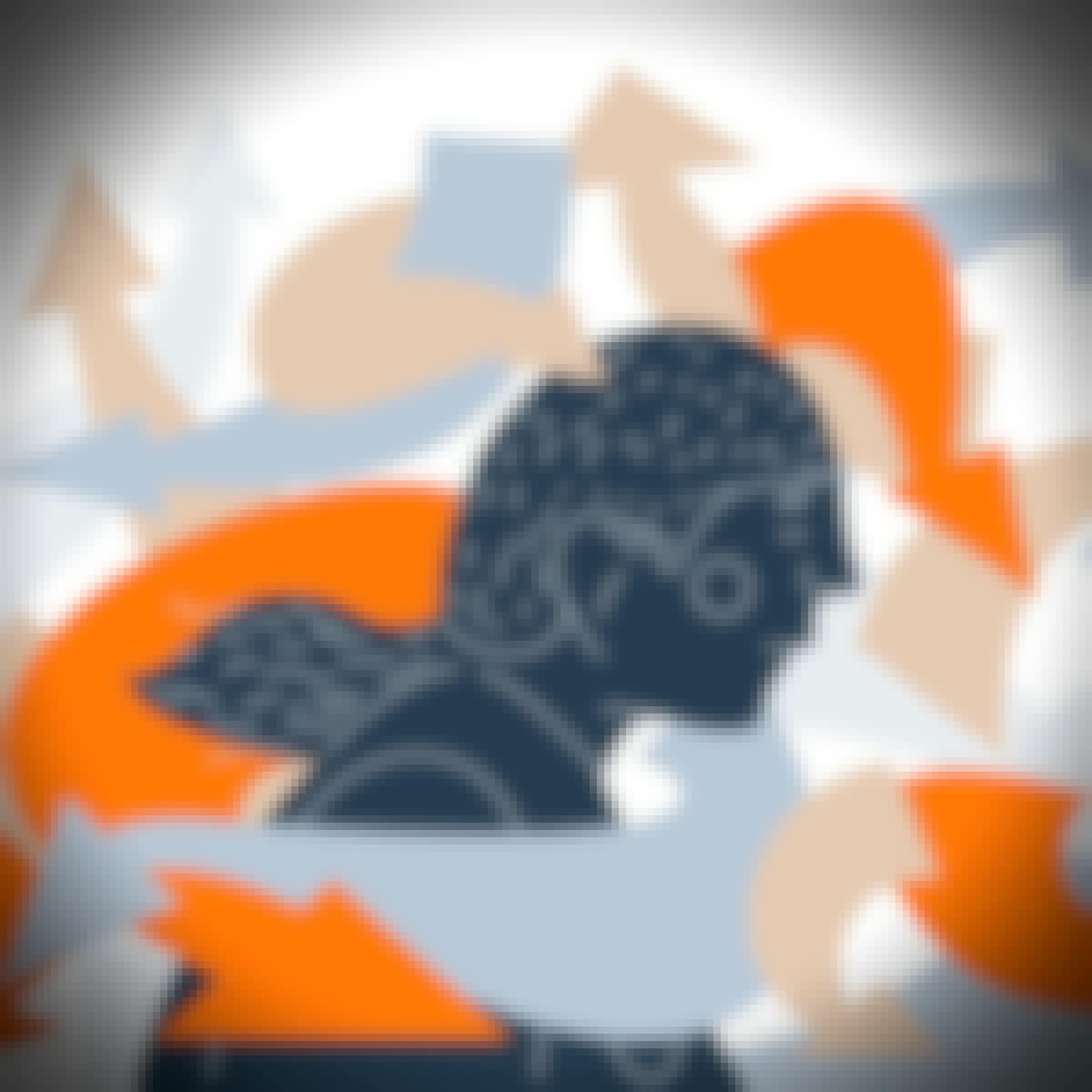 Status: PreviewPreviewU
Status: PreviewPreviewUUniversity of Geneva
Skills you'll gain: Family Support, School Psychology, Behavioral Management, Occupational Therapy, Organizational Skills, Mental Health Diseases and Disorders, Psychiatric Assessments, Mental Health Therapies, Pharmacology, Clinical Assessment
4.8·Rating, 4.8 out of 5 stars81 reviewsBeginner · Course · 1 - 3 Months
In summary, here are 10 of our most popular addiction courses
- Addiction Treatment: Clinical Skills for Healthcare Providers: Yale University
- Psychology of Anxiety, Mood, Substance Use, and Addictive Behaviors: American Psychological Association
- The Addicted Brain: Emory University
- Disorders Due to Substance Use and Addictive Behaviors: American Psychological Association
- Creating Behavioral Change: Wesleyan University
- Psychology of Substance Use, Depressive Disorders, & Trauma: American Psychological Association
- Palliative Care: It's Not Just Hospice Anymore: University of Colorado System
- Abnormal Psychology: Wesleyan University
- Disorders Related To Trauma: American Psychological Association
- Cannabis, Mental Health, and Brain Disorders: University of Colorado Boulder
Frequently Asked Questions about Addiction
Addiction is a complex condition characterized by compulsive engagement in rewarding stimuli, despite adverse consequences. It is important because it affects millions of individuals and their families worldwide, leading to significant health, social, and economic issues. Understanding addiction can help in developing effective prevention and treatment strategies, ultimately improving the quality of life for those affected.
Careers in addiction can be diverse and fulfilling. You might consider roles such as addiction counselor, social worker, mental health technician, or substance abuse therapist. Additionally, positions in healthcare settings, rehabilitation centers, and community organizations are common. These roles often require a combination of education and practical experience in the field.
To work effectively in the field of addiction, you should develop skills such as active listening, empathy, crisis intervention, and communication. Knowledge of psychological theories, treatment modalities, and ethical considerations is also crucial. Additionally, understanding the biological, psychological, and social aspects of addiction will enhance your ability to support individuals in recovery.
Some of the best online courses on addiction include The Addicted Brain and Addiction Treatment: Clinical Skills for Healthcare Providers. These courses provide valuable insights into the science of addiction and practical skills for treatment, making them excellent choices for anyone looking to deepen their understanding of this important topic.
Yes. You can start learning addiction support skills on Coursera for free in two ways:
- Preview the first module of many addiction support courses at no cost. This includes video lessons, readings, graded assignments, and Coursera Coach (where available).
- Start a 7-day free trial for Specializations or Coursera Plus. This gives you full access to all course content across eligible programs within the timeframe of your trial.
If you want to keep learning, earn a certificate in addiction support, or unlock full course access after the preview or trial, you can upgrade or apply for financial aid.
To learn about addiction, start by exploring online courses that cover various aspects of the topic. Engage with course materials, participate in discussions, and apply what you learn through practical experiences or volunteer opportunities. Additionally, reading books and articles on addiction can further enhance your understanding.
Topics typically covered in addiction courses include the neurobiology of addiction, behavioral therapies, treatment planning, and the impact of addiction on families and communities. Courses may also explore prevention strategies, ethical issues, and the role of healthcare providers in supporting recovery.
For training and upskilling employees in the field of addiction, courses like Addiction Treatment: Clinical Skills for Healthcare Providers are particularly beneficial. These programs equip professionals with the necessary skills and knowledge to effectively support individuals struggling with addiction, enhancing the overall quality of care in their organizations.










